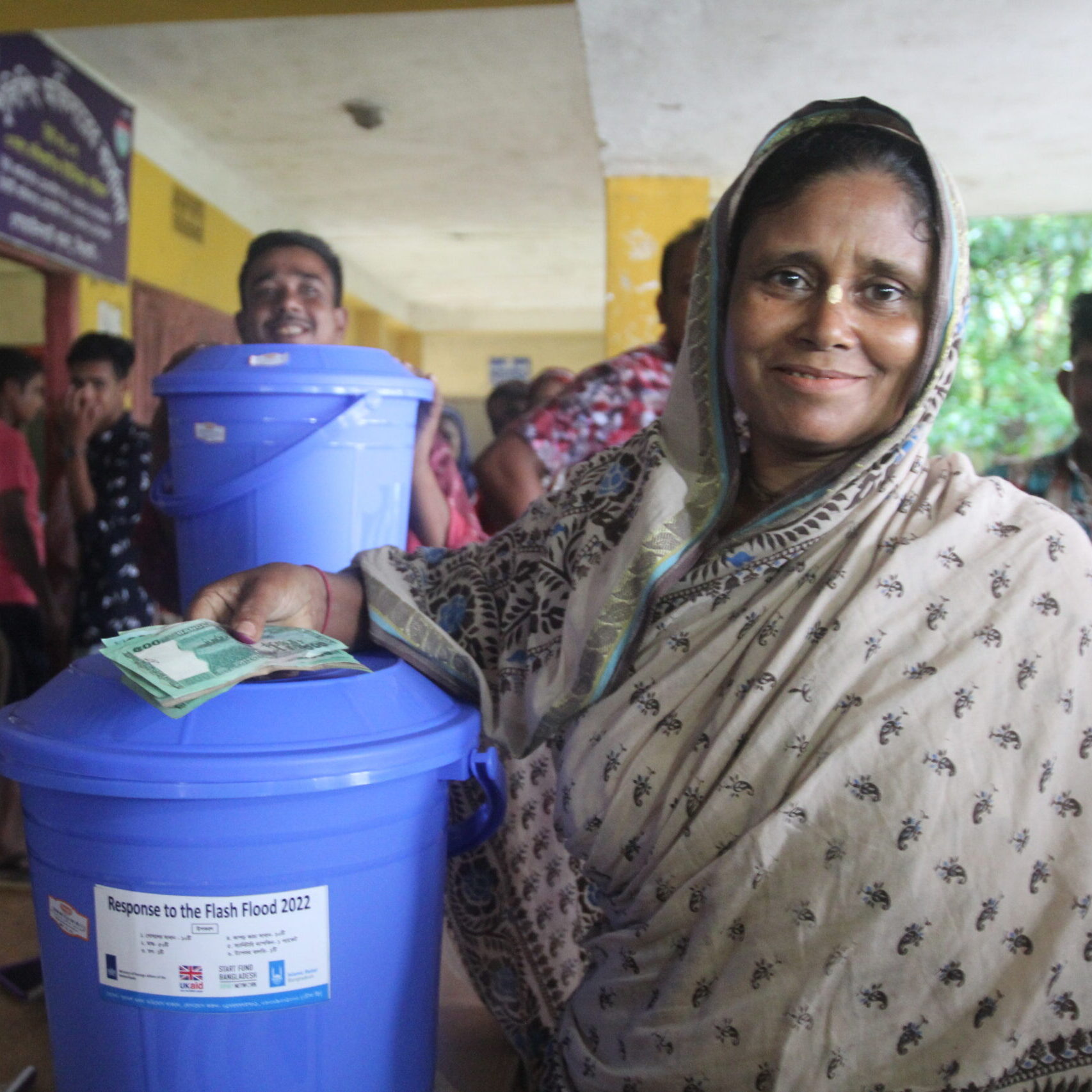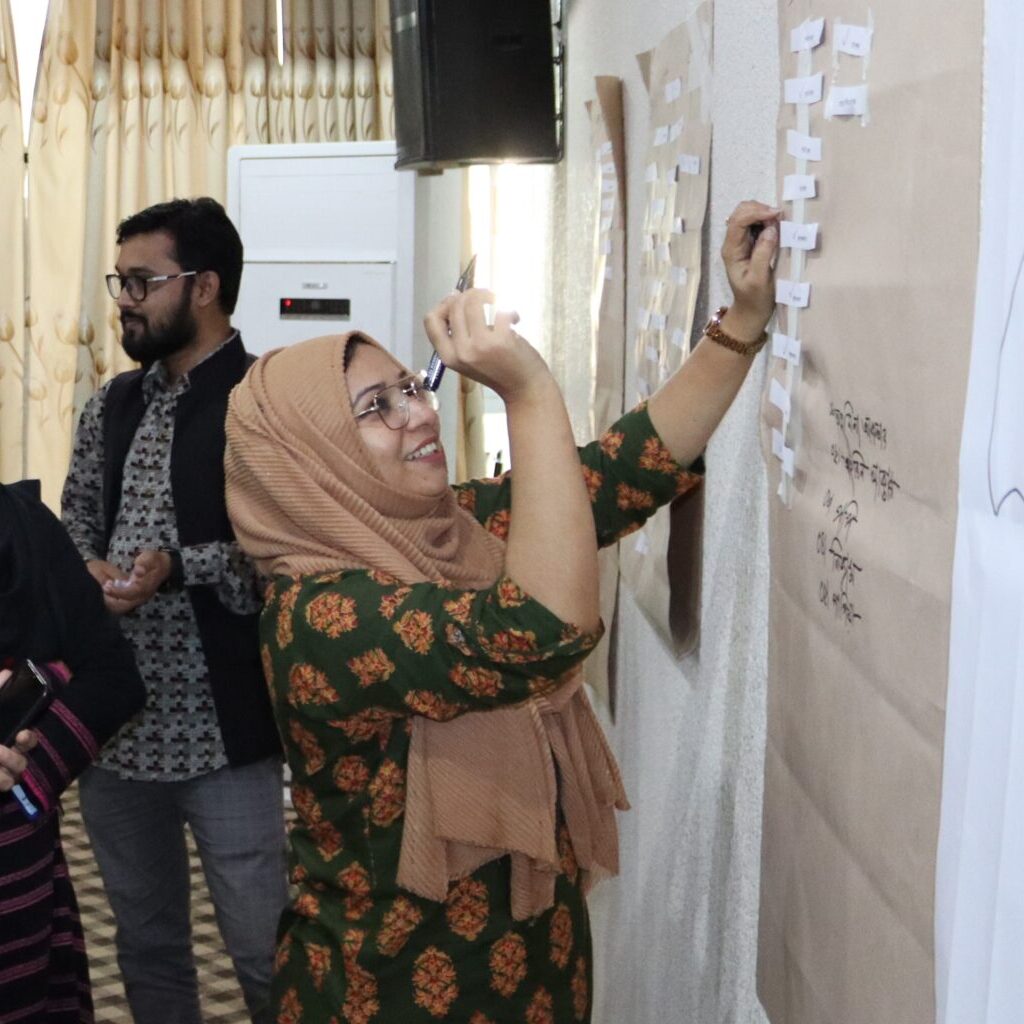Saving lives through early action and locally-led response
55% of humanitarian funding goes to disasters that happen with regular and predictable patterns of recurrence. However, only 1% of this funding is organized in advance – despite evidence that this is a more effective way of tackling predictable crises.
With an aim to change this pattern, Start Network consists of 80+ aid organizations across the world working together through locally-led action and early and rapid financing solutions, often with impressive results.
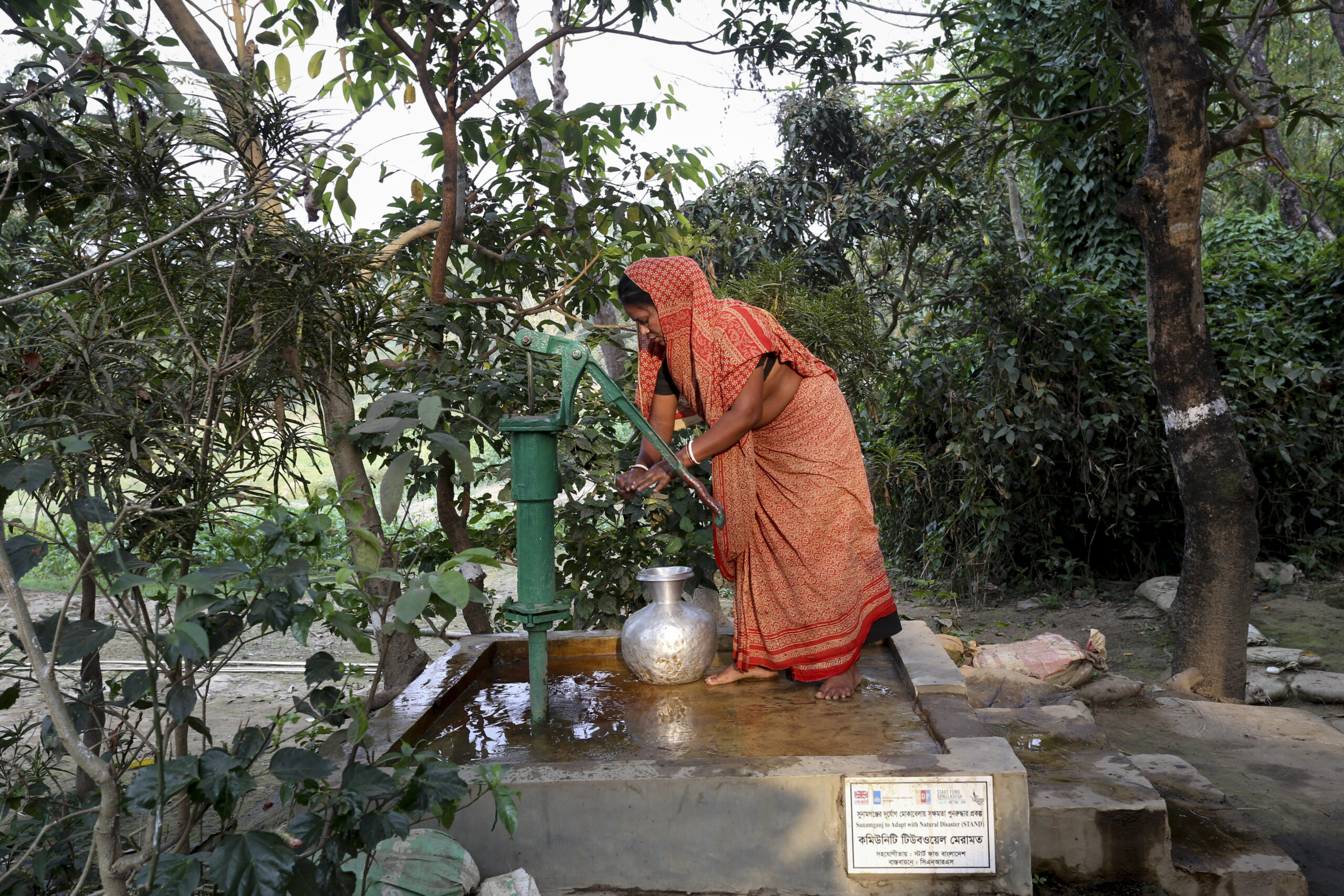
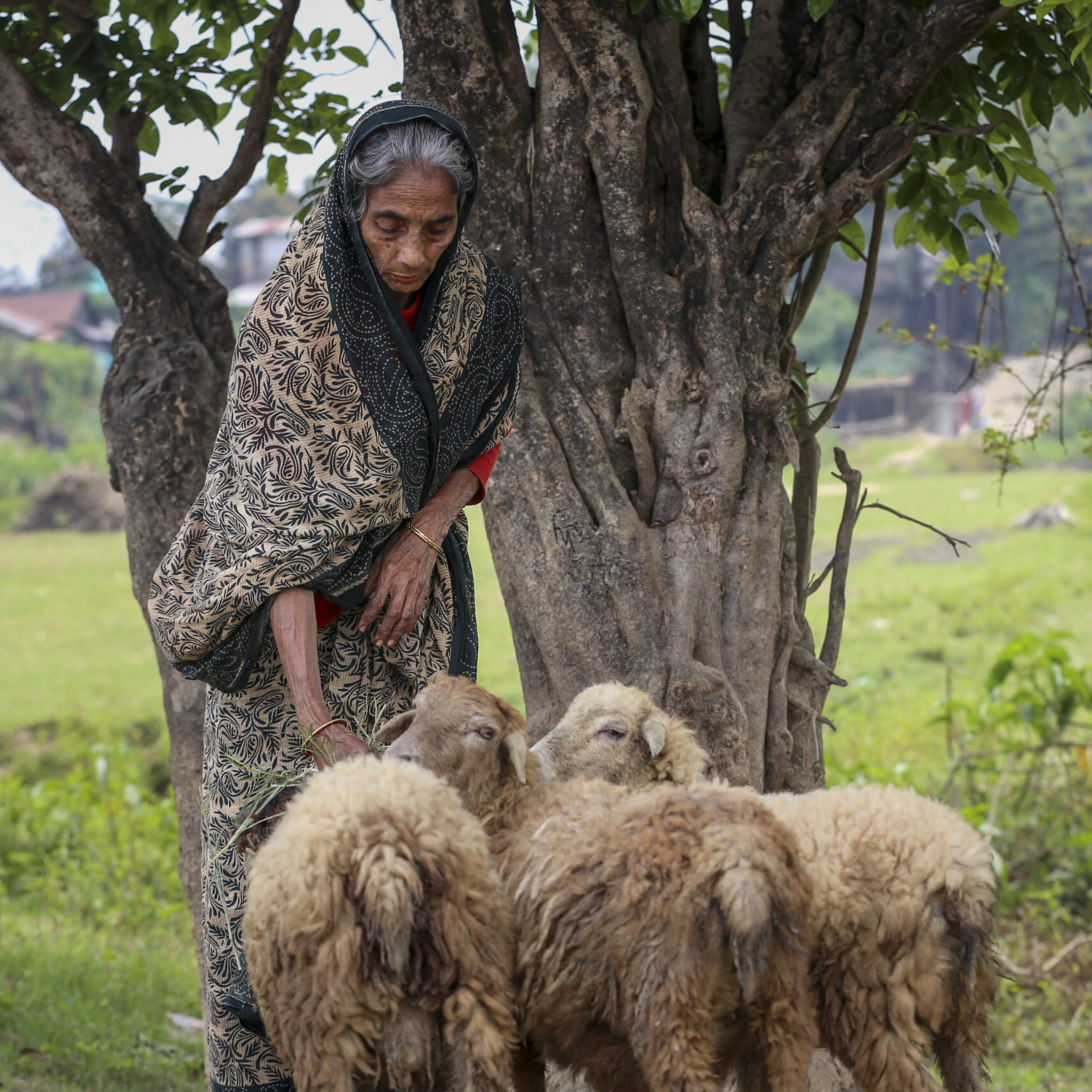
In addition to building a network of humanitarian organizations, Start Network also focuses on advanced planning and anticipatory action through Start Ready, which enables leaders within the community to access funding at scale, before predictable climate disasters occur. Anticipation and risk financing allow humanitarians to be better prepared by quantifying risks in advance of disasters and then pre-positioning and releasing funds.
When communities can prepare in advance, this leads to reduced loss. In addition, this approach reinforces the roles of local and national organizations that have a longer-term presence in the communities and continue to serve beyond the initial disaster impact.
Margaret A. Cargill Philanthropies supports both Start Network’s network-building efforts and the Start Ready multi-hazard risk financing system for locally-led funds in both Bangladesh and the Philippines.
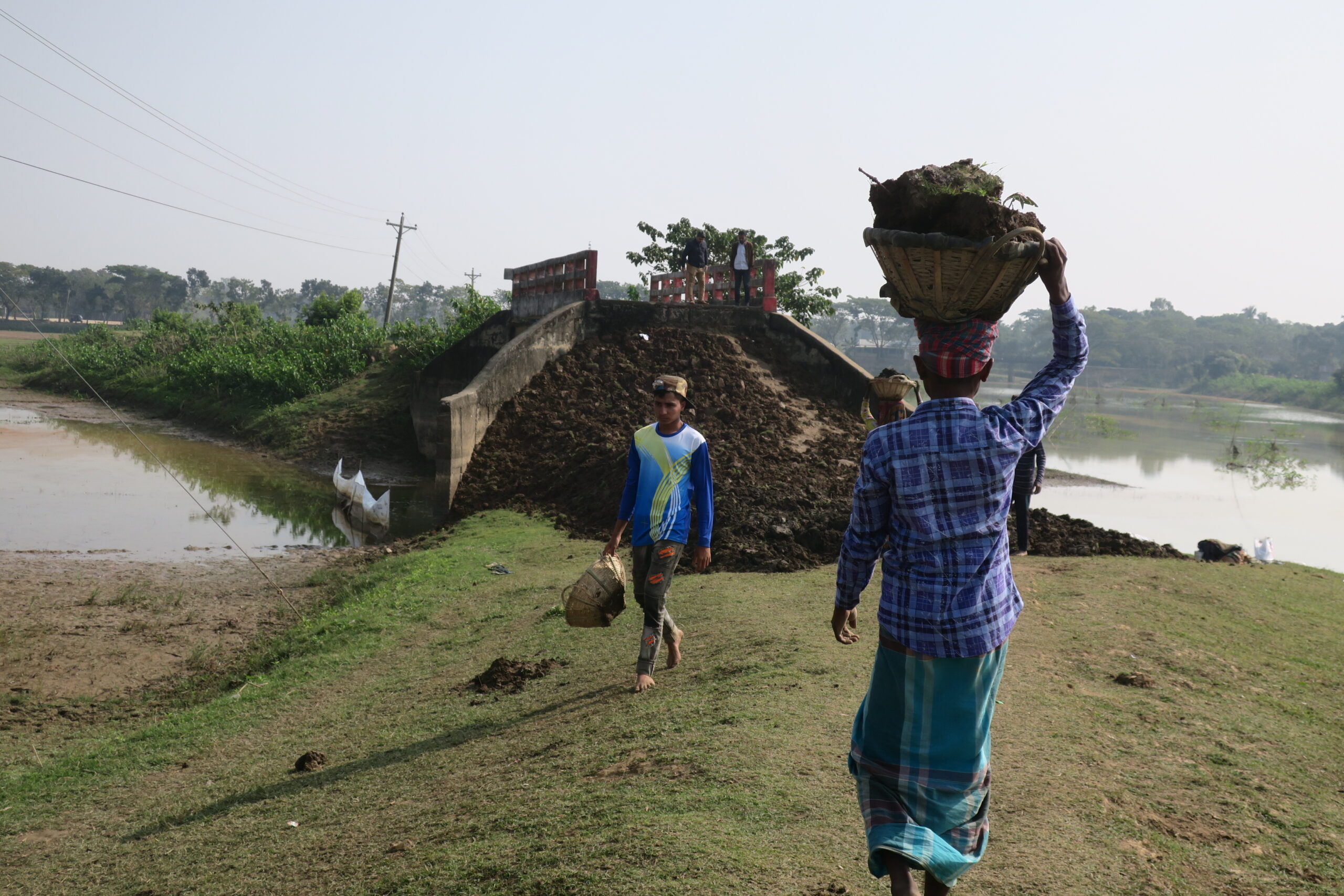
Community members repairing road to adjacent bridge damaged by flash flooding in Bangladesh with support from Start Fund Bangladesh. Photo provided by Center for Natural Resource Studies.
The Innovation of Anticipatory Action
Why do we wait for crises to happen before we act? Start Network, and their members within these countries, are building innovative risk models that can forecast crises, are working with local members to develop robust action plans to carry out in the event of a crisis, and are providing funds before a disaster strikes. This means organizations receive funds much faster and are more proximate to communities.
In July 2023, Start Network’s early warning and action system forecasted Cyclone Egay (Doksuri)’s potential impact 55 hours ahead of expected landfall.
This gave enough time to warn people in the affected areas and to implement anticipatory and early action measures to reduce the impact of the cyclone.
Start Network’s consortium of members, led by Humanity & Inclusion and including Relief International, St. Paul University Philippines, and Green Meadow Development Foundation, worked quickly to implement these measures in one of the most affected provinces, Cagayan. Activities included cash transfers, water and sanitation assistance, health support, gender-based violence prevention, and awareness and education activities.
As a result of these efforts, approximately 37,538 people at the highest risk were able to receive assistance ahead of the cyclone and in the immediate aftermath. This assistance helped to reduce the number of casualties and to protect people’s lives and livelihoods.
The success of the early warning and action system in Cyclone Egay (Doksuri) is a testament to the importance of investing in early action and response. By acting ahead of time, we can save lives and reduce the impact of disasters on vulnerable communities.
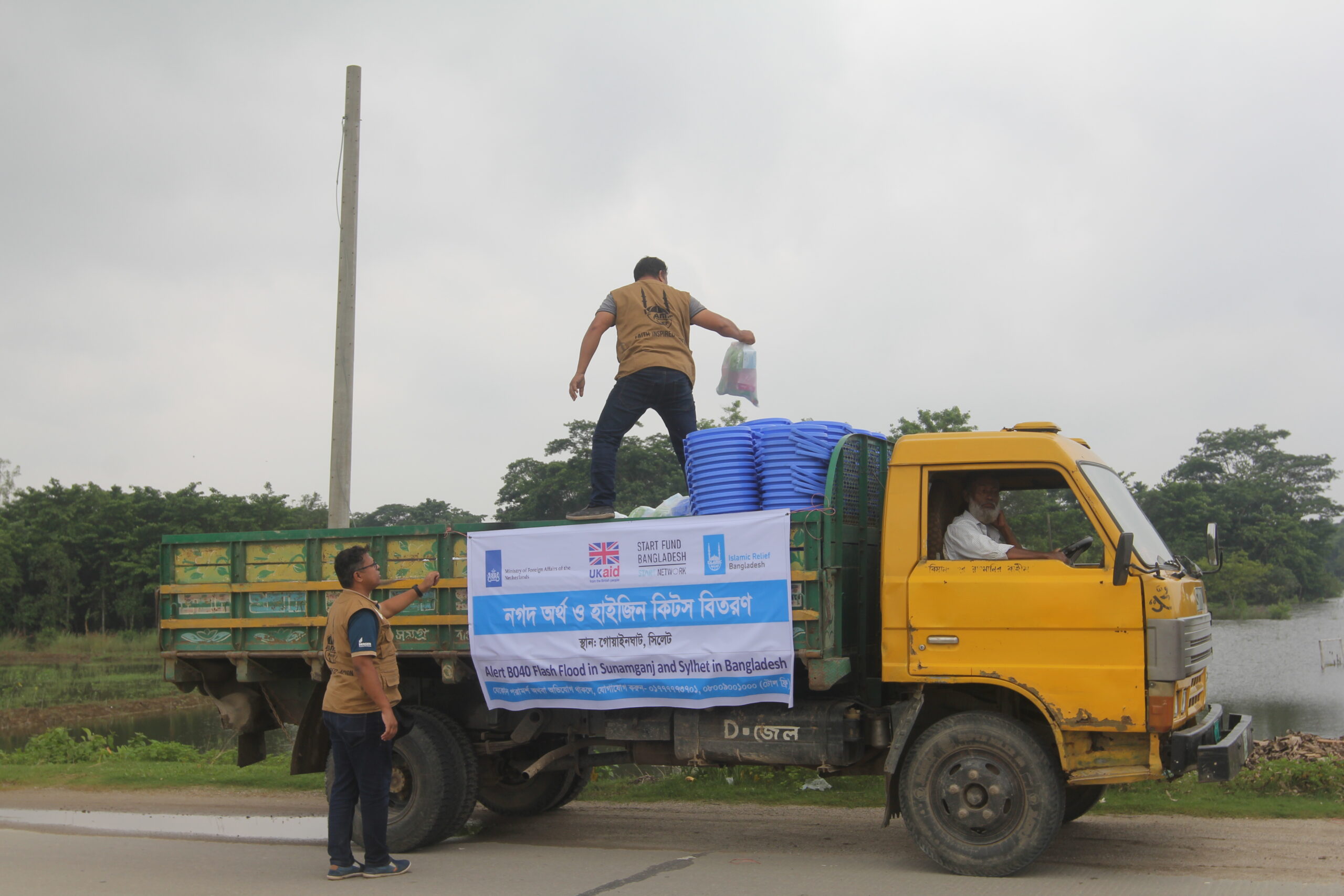
Start Fund Bangladesh member agency, Islamic Relief Bangladesh, preparing emergency logistics for distribution among flood affected people in Bangladesh. Photo provided by Islamic Relief Bangladesh.
Elevate Local Leadership
Start Network’s approach to directing money and resources directly to local organizations represents a different model for disaster funding and support.
When there is a deeper understanding of community needs, provided by the leaders in those communities, the results can be powerful. Start Network has demonstrated that the onboarding of local organizations as members, and the direct flow of funds to those organizations, results in an increase of localized emergencies being responded to and the utilization of capacity of local agencies to the fullest.
The Start Ready systems in Bangladesh and the Philippines were built by involving a wide variety of collaborations from the local community, local NGOs and humanitarian actors, and local governments. In Bangladesh for example, 600 community consultations took place with 8,000 local people participating.
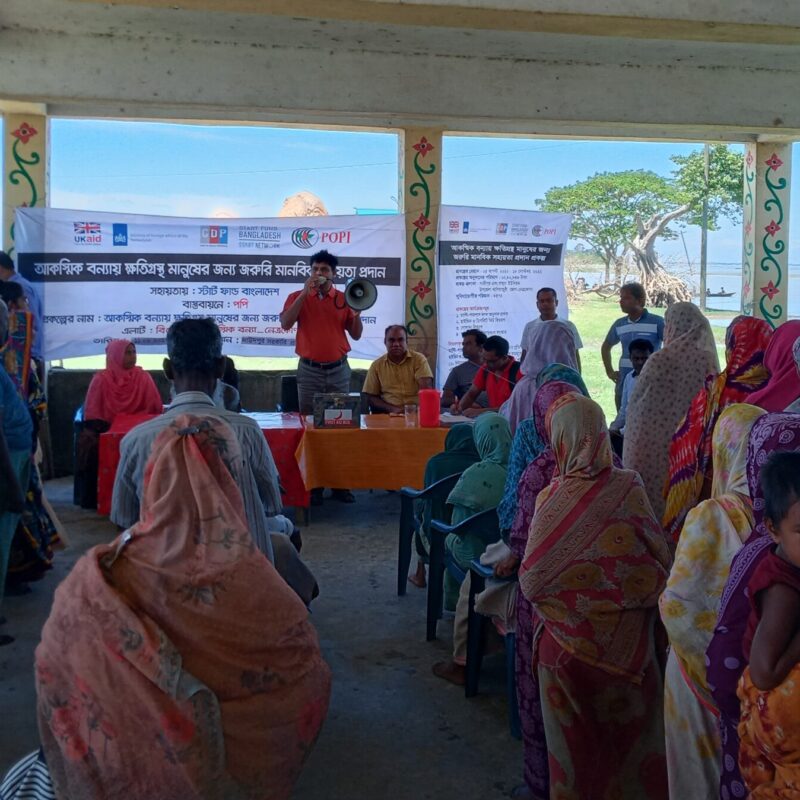
“As an increasing number of people are at risk of being affected by climate-related crises around the world, it is vital that we channel resources and energy towards supporting communities to understand and mitigate the impact of these risks.”
— Anna Farina, Head of Crisis Anticipation and Risk Financing
These kinds of localization efforts mean more money gets to those who directly need it. Instead of passing through a long chain of intermediaries, funding goes directly to local organizations.
MACP’s international grantmaking supports communities as they develop a culture of preparedness to reduce disaster vulnerability, foster self-reliance, and manage disaster impacts and recovery.
